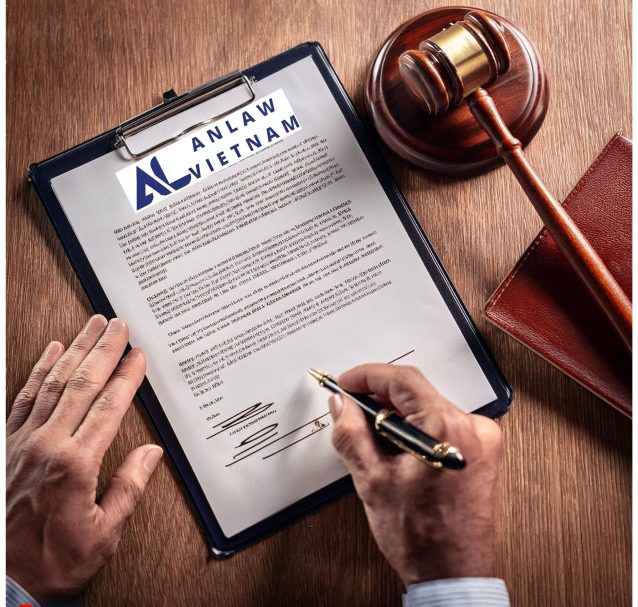Consulting, Drafting Confidentiality Agreement (NDA)
A Non-Disclosure Agreement (NDA) is a written agreement between two or more parties, to ensure the responsibility not to disclose confidential information (eg business secret documents, formulas, ideas…) that the parties share with each other for their common goals. This agreement can appear in all production and business activities, from outsourcing, brokerage, or labor contracts…

Information security agreements can be divided into two types
- One-way agreement: only one party has to ensure the confidentiality of the other party’s confidential information when processing the contract. This agreement often appears between the employee and the company (the employee commits to keeping the information he or she receives confidential when entering the enterprise’s system to work).
- Two-way/multi-way agreement: the parties will provide confidential information to each other, or one party will provide confidential information to many parties, and must be binded confidentiality responsibilities to all parties.
Relevant documents
- Civil Code 2015
- Law on Commercial 2005
- Labor Code 2019
Four inseparable elements in information security:
- Security: Ensure that information is strictly confidential, those who want to access the information must be granted access rights;
- Integrity: Totally protect the information system;
- Accuracy: The information provided must be accurate, thorough, must not be misleading or violate content copyright;
- Availability: Information security must always be ready and can be done anywhere, anytime.
Main Content of the Security Agreement
- Information of the parties signing the confidentiality agreement: Full name, ID number (for individuals), or name, registration number (for organizations) Some cases will require the information of the authorized representative and power of attorney. Additionally, contact details such as address, phone number, and email are required too.
- Reasons for providing confidential information: The reason and purpose for parties to share confidential information with each other. It is also a foundation to determine which information is considered confidential based on its source.
- Information deemed confidential: this is the primary subject of this agreement. Parties need to clarify this information, avoiding omission of confidential details or defining the scope of confidential information too broadly, which may impact joint activities.
- Limitations on providing information to third parties: The primary constraint between the parties. It includes not providing information to specific entities, mandatory disclosure of confidential information (to the government), and the procedures to follow if intending to disclose confidential information (e.g., notify and be consented by the owner of the confidential information).
- Security Duration: It may have a specific or indefinite time frame, which is depended on the importance and sensitivity of the information. Especially, it is crucial to mention of security after the agreement has expired.
- Responsibility for compensation in case of breach of commitment.
- The other general agreements such as applicable language, dispute resolution, validity.
Information security is a vital activity for businesses. Therefore, even with a signed security commitment/agreement, businesses should be caution when disclosing confidential information and closely monitor the protection of the company’s confidential information.
If there are any concerns related to the security agreement, please do not hesitate to contact An Law Vietnam for assistance and consultation.
Contact Us
📞 Phone: (+84) 986 995 543
📧 Email: info@anlawvietnam.com
📍 Head Office: Diamond Plaza, 34 Le Duan Street, Sai Gon Ward, Ho Chi Minh City
🏢 Vung Tau Branch: Vo Thi Sau Street, Vung Tau Ward, Ho Chi Minh City
